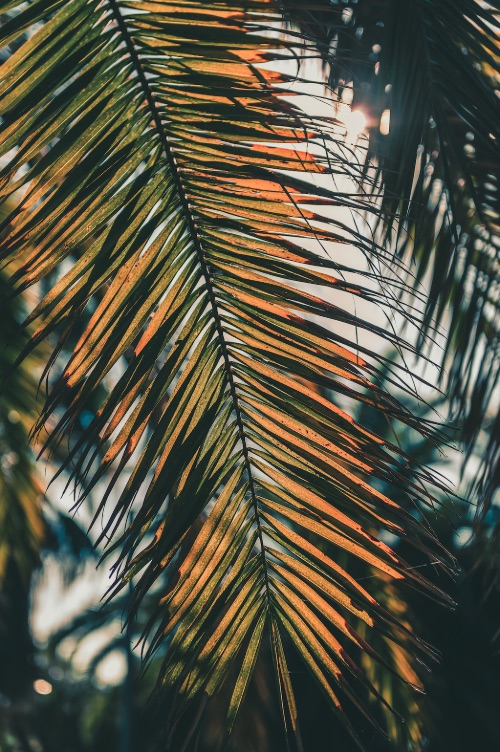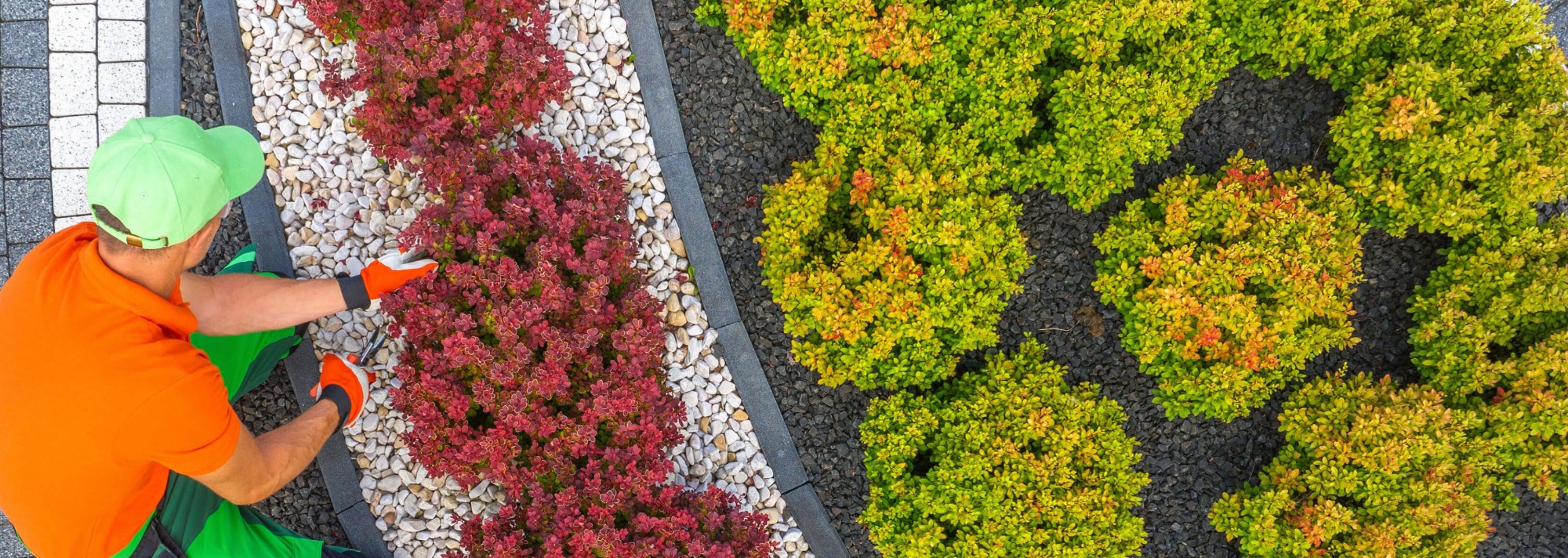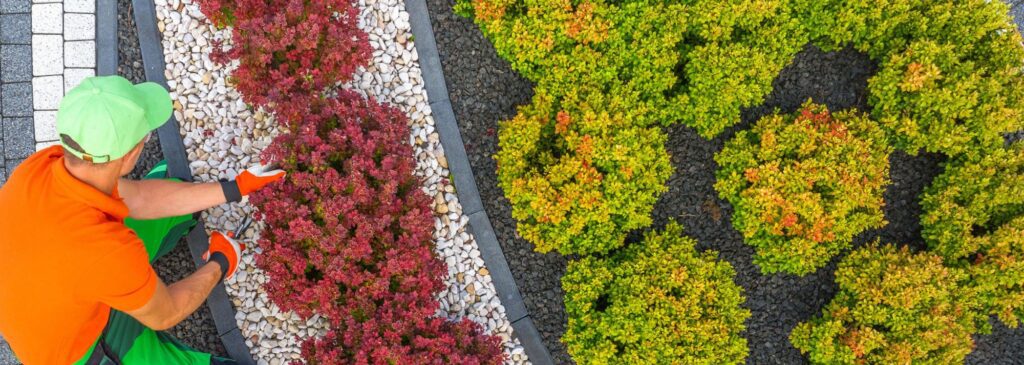Whether you’re new to Florida or have lived here for years, you’ve probably noticed the quick buildup of algae, moss, and mold on roofs in our humid climate. While keeping your roof clean is essential to maintaining the longevity of your home, improper cleaning causes damage. What?! Why? The chemicals and high-pressure washing used in roof cleaning don’t just clean your roof—they can harm your grass, plants, and the entire surrounding environment—if done incorrectly.

Before starting Ukezo, I personally had a roof cleaner kill multiple large shrubs in my front and side yard. I’ve also witnessed palm tree and grass damage at a neighbor’s house from their roof cleaners. These experiences are why I’m so passionate about helping you avoid the same frustrations. Asking the right questions can help minimize these risks and ensure that both your property—and your neighbor’s—are fully protected during the cleaning process.
Key Questions to Ask Your Roof Cleaning Professional
- What Type of Cleaning Solution Do You Use?
The most common chemicals used in roof cleaning are chlorine bleach and sodium hypochlorite. While effective at removing algae, moss, and dirt, these chemicals can damage your landscaping if not diluted properly. Ask if the company dilutes their cleaning solution to minimize harm. If you’re environmentally conscious, ask if they offer more eco-friendly options. - How Do You Protect My Yard (and My Neighbor’s) During Cleaning?
Ask if they’ll cover plants and grass with tarps or sheeting. This helps shield your landscaping from chemicals and debris, ensuring nothing gets harmed during the cleaning process. - Do You Bag the Gutters?
Bagging gutters helps keep debris like leaves and moss from causing blockages, ensuring your gutters remain clear and functioning properly. It also helps control chemical runoff, preventing it from affecting your landscaping or spilling over into neighboring yards. - Do You Wet the Lawn and Landscaping Before Cleaning?
Wetting the lawn and landscaping before cleaning helps dilute any runoff, reducing its impact on your yard and your neighbor’s. This simple step can make a BIG difference in protecting your landscaping. - What Cleaning Method Do You Use?
Power washing can damage roof tiles, shower debris onto your yard—or even a car. It can also cause tiles to loosen or crack. A low-pressure system is a safer and gentler option, ensuring that your roof is cleaned effectively without risking damage to your property. - Will You Rinse the Yard After Cleaning?
Rinsing the yard after cleaning clears away any remaining chemicals or debris, ensuring your landscaping stays safe and healthy.
Final Thoughts
Asking the right questions helps reduce the chances of damage to your roof, landscaping, and your neighbor’s property. By staying informed and working with a trusted professional, you can ensure that your roof cleaning process goes smoothly while protecting the health of your yard and the surrounding environment.


